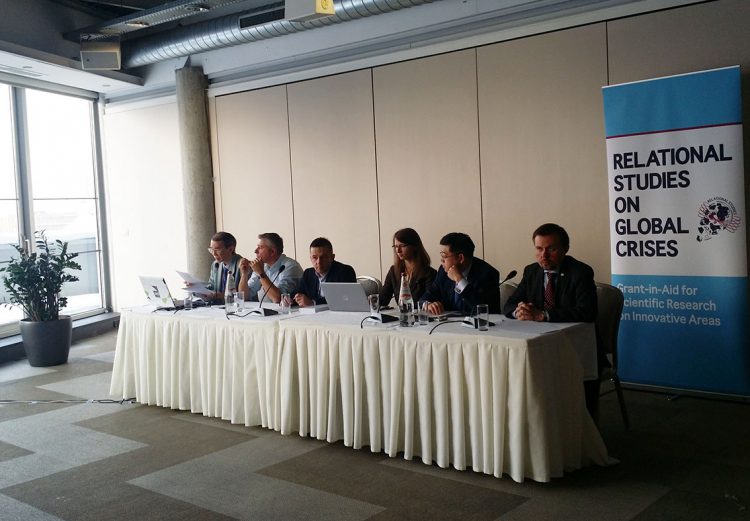The international scientific conference Relational Studies on Global Conflicts: Toward a New Approach to Contemporary Crises was held on December 21-22 in Belgrade.
The aim of the conference was to explore a new approach for analyzing global conflicts and post-conflict societies, with an emphasis on the so-called relational dynamics between actors and events – what could be referred to as Relational Studies on Global Conflicts.
The main topic of the first panel was the analysis of empirical research data on how citizens (voters) in post-conflict societies (Syria, Iraq, and Bosnia and Herzegovina) perceive the state order in which they live. The second panel was devoted to analyzing the mutual impact of interstate relations and regional conflicts in Southeastern and Western Asia, with the intention to examine the possibilities of regional cooperation in organizations such as ASEAN, TPP, EU, and GCC, as well as the influence of these organizations on the behavior of political elites and political and economic integration within member states. The topic of the third panel dealt with the analysis of the impact of (re)visions of the past and how it is reflected through the organization of institutions and narratives that dominate among political elites in formerly warring states. The final panel of the first day of the conference provided an overview of the solutions and policies applied in post-conflict societies such as Palestine, Turkey, and Bosnia and Herzegovina.

